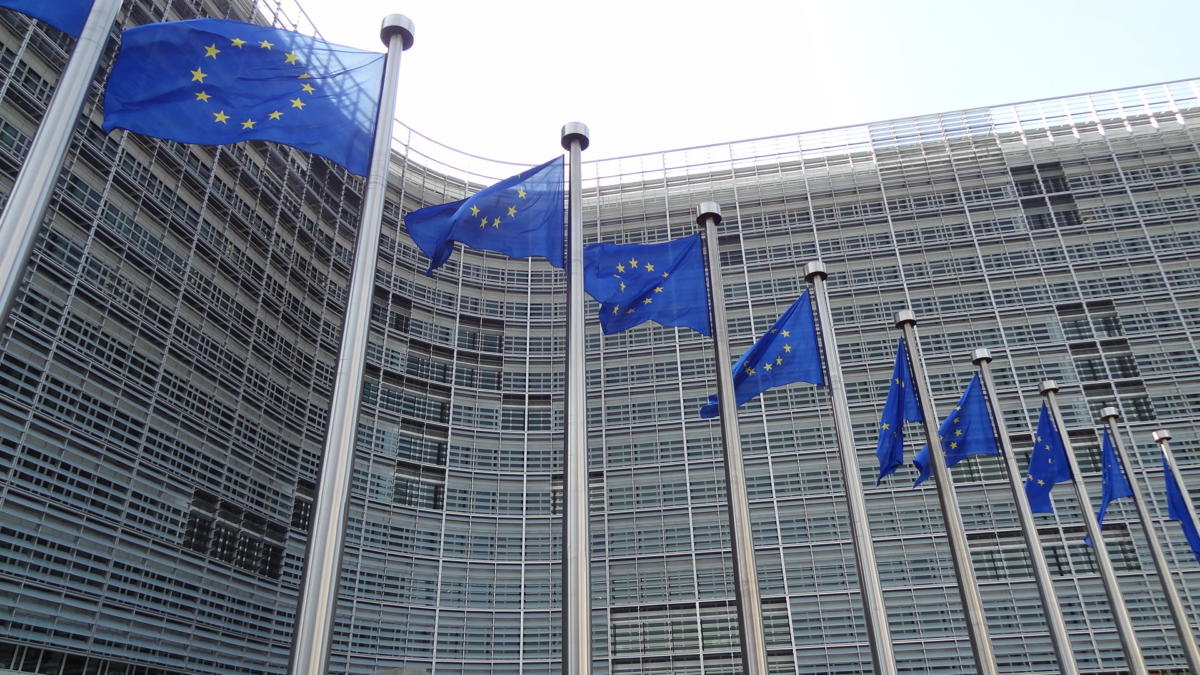The European Commission (EC) has put Amazon on notice that regulators believe its proposed $1.4 billion acquisition of robot vacuum cleaners (RVCs) iRobot may leave its European competitors in the dust.
EU legislators are worried that purchasing the makers of the popular Roomba vacuum, which Amazon said it aimed to do in August, might cause the online retail giant to restrict or discourage the sale of competitive products on its European websites.
The commission sent a formal statement of objections to Amazon this week after it opened an investigation in July into the potential implications of the deal — originally valued at $1.7 billion before a reevaluation dropped the price.
“The Commission is concerned that Amazon may restrict competition in the European Economic Area (EEA)-wide and/or national markets for RVCs by hampering rival RVC suppliers’ ability to effectively compete,” according to the statement.
Specifically, legislators are concerned that Amazon may have the ability and the incentive to foreclose iRobot’s rivals “by engaging in strategies aimed at preventing rivals from selling RVCs on Amazon's online marketplace and/or at degrading their access to it,” the commission stated.
These may include delisting rival products or reducing their visibility in both paid and nonpaid advertising results displayed in Amazon’s marketplace. The online giant also could limit access to certain site widgets referring customers to related products from competitors.
Amazon may try to squeeze out rivals because of economic incentives, therefore restricting competition in the market for RVCs, “leading to higher prices, lower quality, and less innovation for consumers,” the Commission stated.
Cleaning Up the Details
The objections are not a sign that the deal is effectively squashed in Europe, although the Commission’s statement did send shares of iRobot tumbling nearly 20 percent after its release. The news also has come as a bit of a surprise to investors, as a report in Reuters published just last week predicted “unconditional support” by EU regulators for the deal.
The US Federal Trade Commission is still examining the deal, while the UK antitrust agency has already cleared the deal unconditionally after a preliminary review.
Typically regulators put proposed buyouts by Big Tech companies of smaller rivals under significant scrutiny over competitor concerns, as consolidation is known to stymie competition.
“It’s rare a tech deal gets away without this level of scrutiny these days,” noted Lewis Crofts, a correspondent for the MLex Market Intelligence news agency, in a comment on X, formerly known as Twitter.
Indeed, formal objections are a way for purchasing companies to understand some of the potential future competitive issues of a deal and to give them a chance to clean up those details before delivering final approval or not. The EU Commission’s deadline to decide is February 14.
No Stranger to Scrutiny
The probe is not the first time the EU has expressed concerns over Amazon’s competitive practices in the region. Late last year, the Commission settled two investigations with the company; one was over antitrust concerns about Amazon’s use of merchant data to prop up its own retail business; the other probed how the company was operating its “Buy Box” and Prime programs.
To end the investigations, Amazon had to agree to a series of actions — a pledge to treat all sellers equally, for example — and the iRobot deal may well require a similar arrangement. The company acknowledged that it is currently working to address the concerns raised by EU regulators.
“iRobot, which faces intense competition from other vacuum cleaner suppliers, offers practical and inventive products,” an Amazon spokesperson said in a statement. “We believe Amazon can offer a company like iRobot the resources to accelerate innovation and invest in critical features while lowering prices for consumers.”






